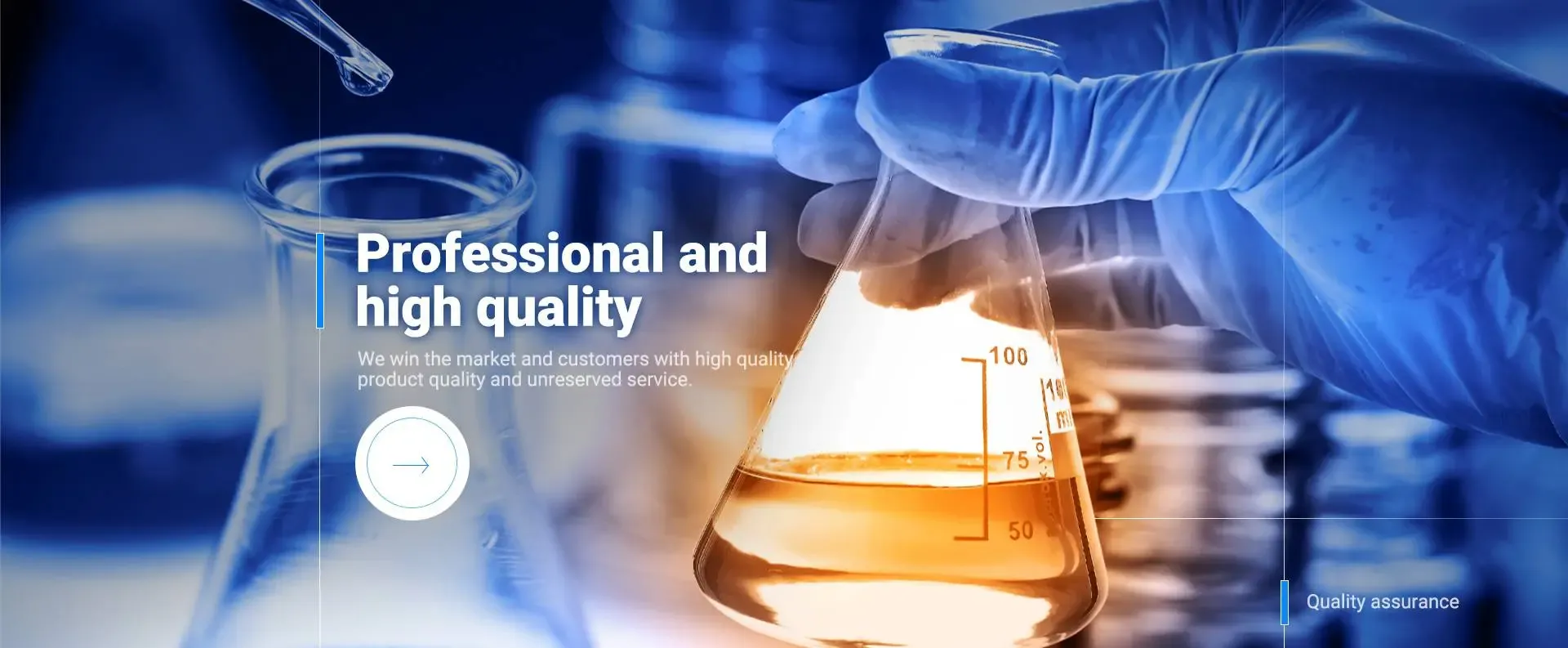



small pool water treatment
Small Pool Water Treatment Keeping Your Pool Clean and Safe
Owning a small pool can be one of the most enjoyable aspects of homeownership, especially during the hot summer months. However, maintaining clean and safe water is crucial for the health of swimmers and the longevity of your pool. In this article, we will explore the essential aspects of small pool water treatment, including effective maintenance practices, necessary chemicals, and best practices for enjoying your pool safely.
The Importance of Water Treatment
Water treatment in small pools is not merely a chore but an essential aspect of pool ownership. Untreated water can become a breeding ground for harmful bacteria and algae, posing health risks to swimmers. The Center for Disease Control and Prevention (CDC) states that inadequate pool maintenance is a common cause of recreational water illnesses (RWIs). Therefore, ensuring that your pool water is treated and properly maintained is vital for a safe swimming experience.
Basic Components of Pool Water Treatment
1. Filtration System Every pool should be equipped with a reliable filtration system. A high-quality filter helps remove debris, dirt, and contaminants from the water. Depending on the type of pool (above-ground or in-ground), there are various filtration options available, including sand filters, cartridge filters, and diatomaceous earth filters. Each has its advantages and maintenance requirements.
2. Chemicals Proper chemical balance is fundamental to pool water treatment. The primary chemicals needed include
- Chlorine This is the most common sanitizer used in pools. It kills bacteria and helps keep the water clear. The ideal chlorine level for swimming is between 1-3 parts per million (ppm). - pH Balancers The pH level of pool water should be maintained between 7.2 and 7.6 for optimum comfort and sanitization. Adding pH increaser (sodium carbonate) or pH decreaser (sodium bisulfate) can help adjust levels. - Algaecides These chemicals help prevent and control algae growth in your pool. Regular application is advised, especially during hot weather.
small pool water treatment

3. Regular Testing Regular testing of pool water is essential to ensure chemical levels remain balanced. Test strips or liquid test kits can help you monitor pH, chlorine, alkalinity, and other important factors. Ideally, you should test your pool water at least once a week during peak swimming season.
Maintenance Tips for Small Pools
To ensure your small pool remains safe and enjoyable, consider the following maintenance tips
- Clean Regularly Remove debris and leaves using a skimmer net. Vacuum the pool floor regularly to eliminate settling dirt and algae. - Shock Treatments Regularly shock your pool (add a large dose of chlorine) to eliminate contaminants and refresh the water. Doing this weekly, especially after heavy usage or rain, is advisable.
- Monitor Usage Be mindful of how many swimmers are using the pool. More users can increase the need for sanitation.
- Covers and Enclosures Use a pool cover when the pool is not in use. This helps keep debris out and reduces the need for cleaning and chemical usage.
Conclusion
Maintaining clean and safe water in a small pool requires commitment and knowledge of proper water treatment practices. By investing in a good filtration system, regularly testing and balancing chemical levels, and adhering to maintenance guidelines, pool owners can create a safe and enjoyable environment for family and friends. With easy management, your small pool can offer endless enjoyment and a refreshing escape during the summer heat. Always remember that a clean pool is not just about aesthetics; it’s crucial for health and safety.
-
Why Sodium Persulfate Is Everywhere NowNewsJul.07,2025
-
Why Polyacrylamide Is in High DemandNewsJul.07,2025
-
Understanding Paint Chemicals and Their ApplicationsNewsJul.07,2025
-
Smart Use Of Mining ChemicalsNewsJul.07,2025
-
Practical Uses of Potassium MonopersulfateNewsJul.07,2025
-
Agrochemicals In Real FarmingNewsJul.07,2025
-
Sodium Chlorite Hot UsesNewsJul.01,2025










